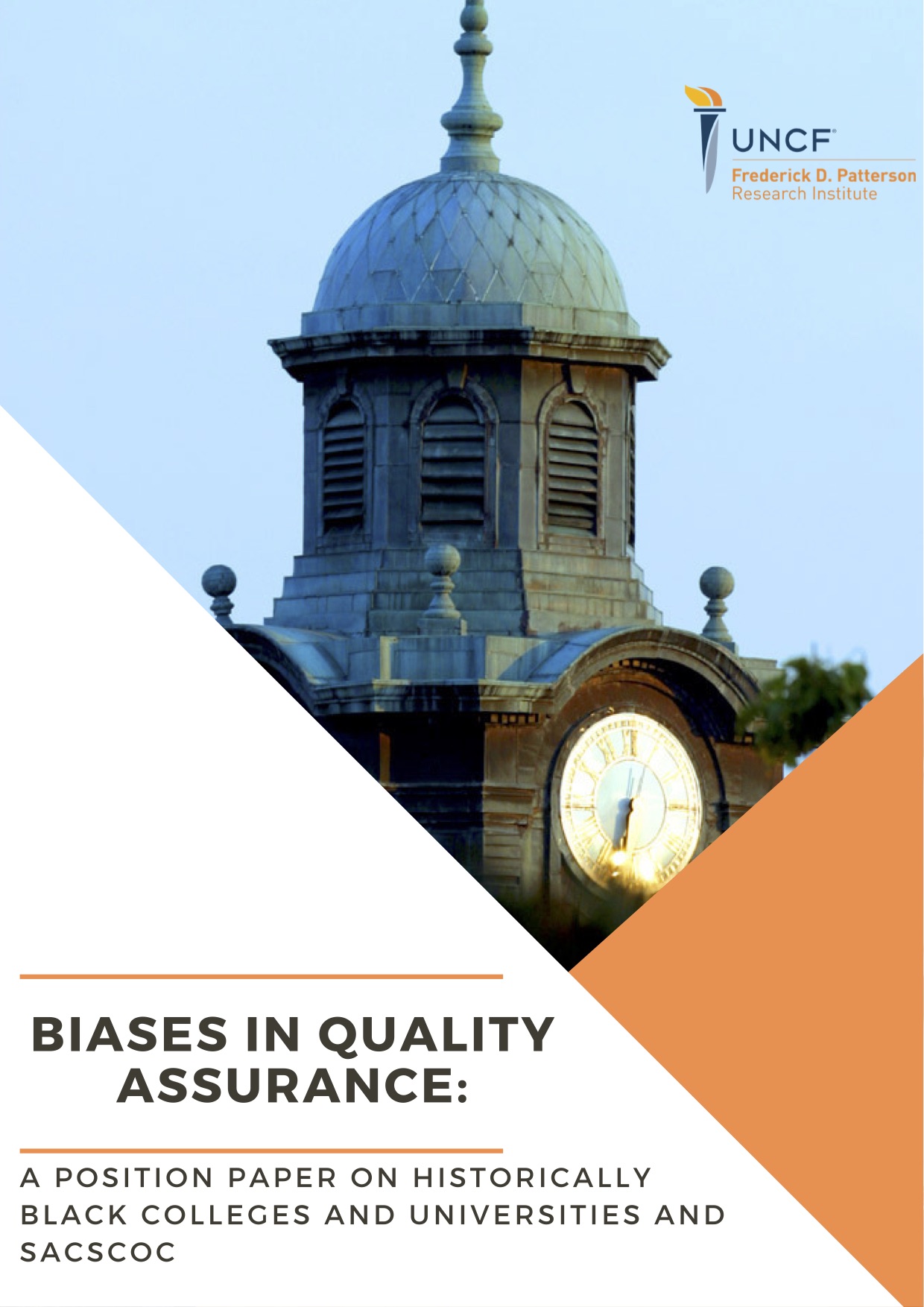 A new report from the Frederick D. Patterson Research Institute of the United Negro College Fund (UNCF) is highly critical of the Southern Association of Colleges and Schools Commission on Colleges (SACSCOC), the accrediting body for the vast majority of the nation’s historically Black colleges and universities.
A new report from the Frederick D. Patterson Research Institute of the United Negro College Fund (UNCF) is highly critical of the Southern Association of Colleges and Schools Commission on Colleges (SACSCOC), the accrediting body for the vast majority of the nation’s historically Black colleges and universities.
Since 2000, four HBCUs who were members of the UNCF have lost accreditation. In addition, nine of the 37 private HBCUs that comprise UNCF membership — almost a quarter — were sanctioned between 2015 and 2018. About one third of all institution sanctioned in 2017 and 2018 were HBCUs.
The UNCF report list four main grievances the organization has with the accrediting body:
-
- Uncertainty in the Peer Review Process
- Process Ambiguity and Lack of Transparency
- Lack of Exposure to SACSCOC Self-Assessments and Evaluation
- The Need to Weight Standards by Institution Size and Type
The study offers four recommendation to deal with these grievances:
1: Create clear guidelines for peer definitions, training to reduce implicit bias and peer assignments that take institutional type and mission into consideration.
2: SACSCOC should have an independent third party complete an expert review of its processes, standards and policies investigating the presence of implicit bias against certain types of institutions.
3: Make SACSCOC and all regional accreditor sanction data publicly available to allow for greater transparency about sanction decisions.
4: Establish clear guidelines for how institutions should present their financial stability based on institutional type and resources.
The full report, Biases in Quality Assurance: A Position Paper on Historically Black Colleges and Universities and SACSCOC, may be downloaded by clicking here.












Why do institutions scream when they are being held to standards?
Every employee in these and other colleges get paid to be accountable through the production of measurable results. The students deserve quality, taxpayers foot the bill for it, and federal and state agencies demand it.
As a former chair of an accreditation team, former college president and current author, I suggest institutions spend less time lamenting their inadequacies, and more time addressing issues that can can lead to positive outcomes for students. After all, every employee gets paid to serve. Students are not paid!! Taxpayers pay. Solve the problems identified so that excellence is achieved and modeled. Leaders Lead!!!!
Edward J Valeau
Superintendent/President Emeritus
Hartnell Community College District
Salinas, California